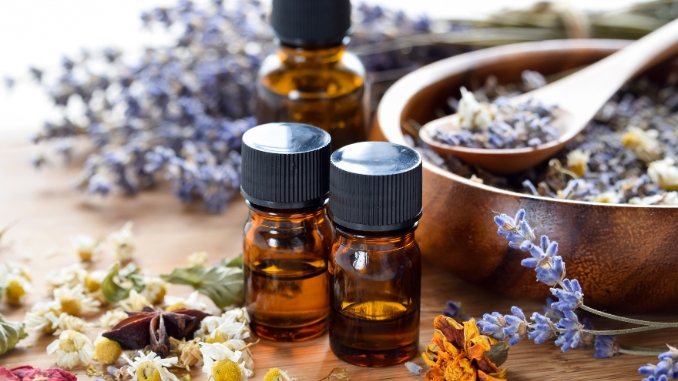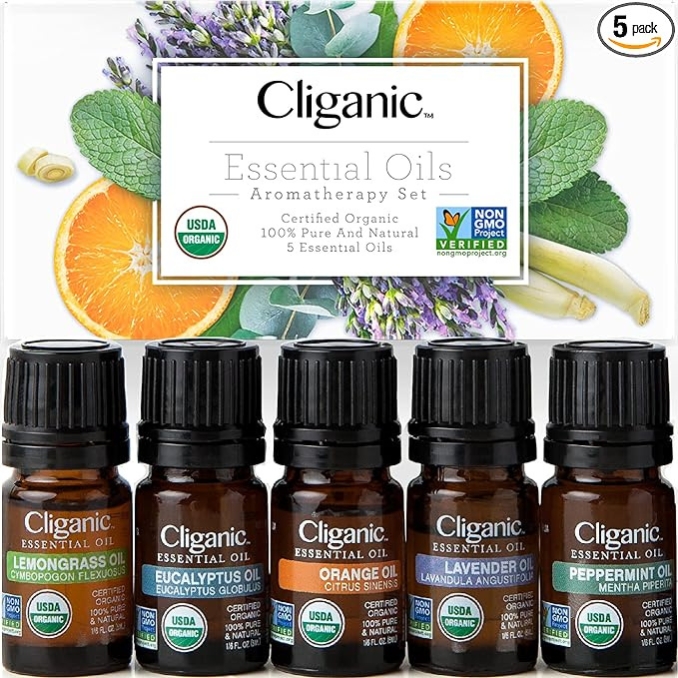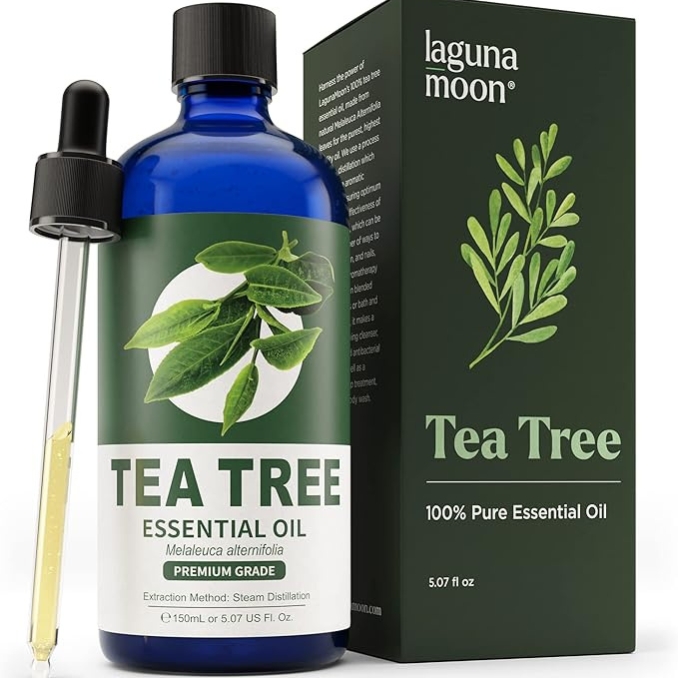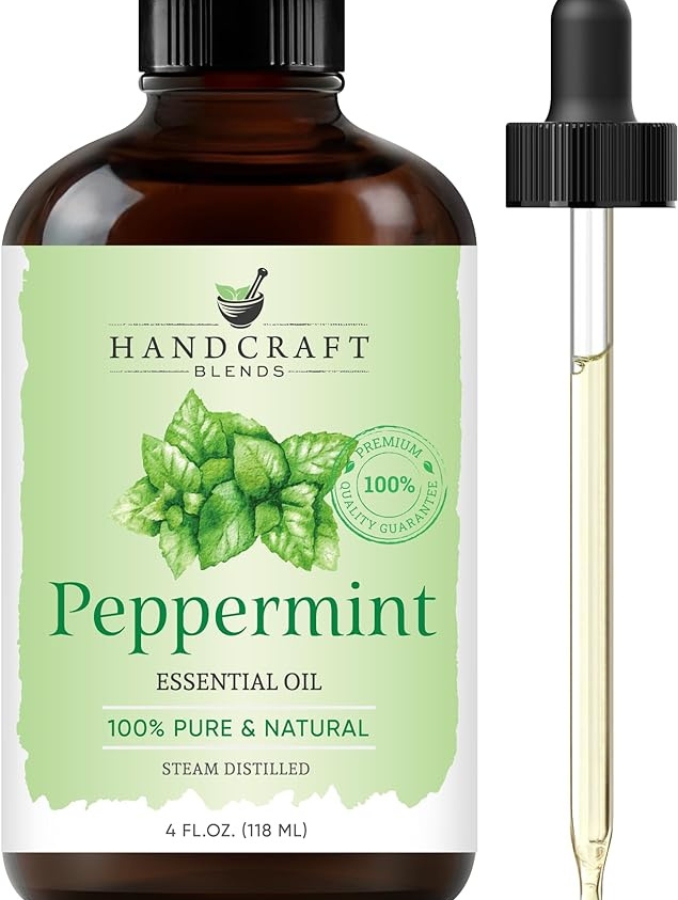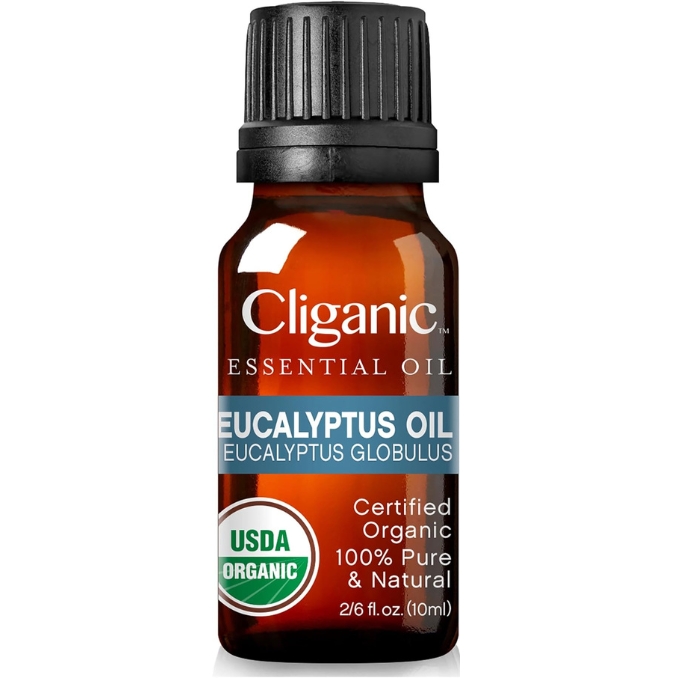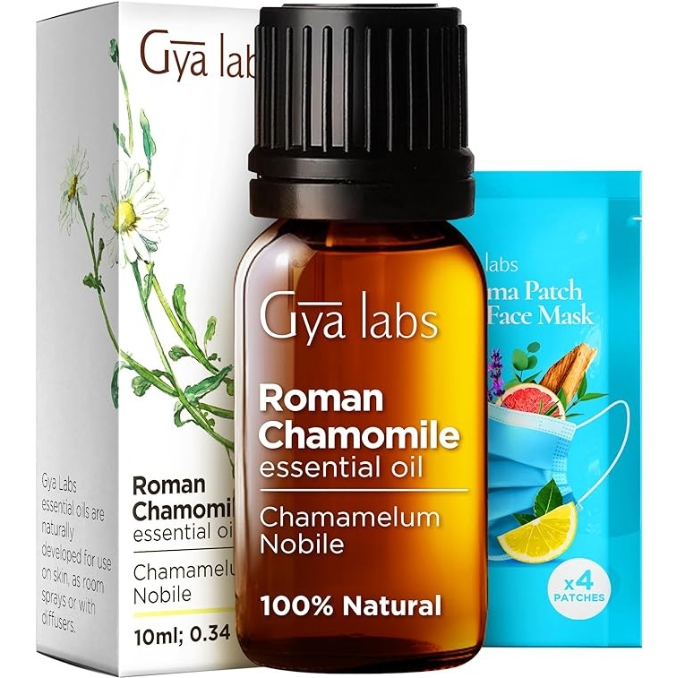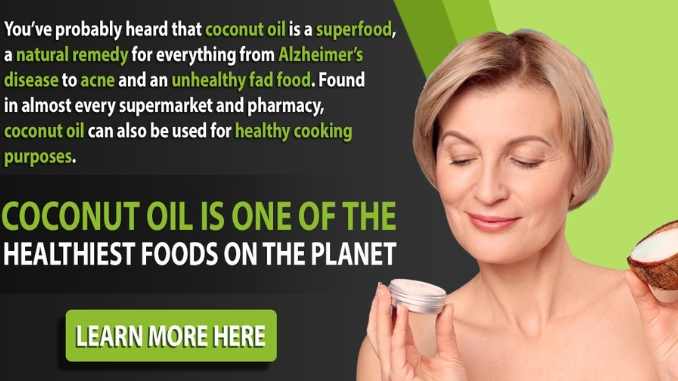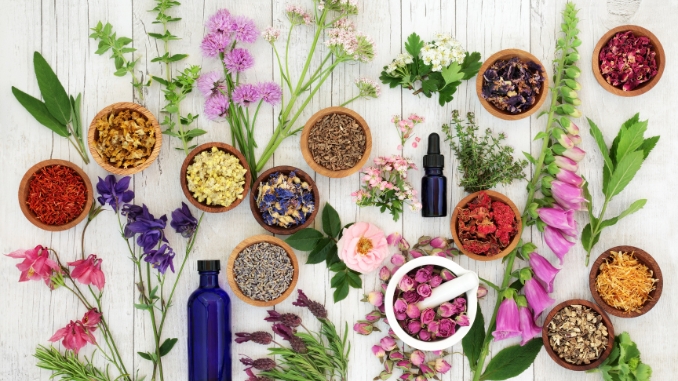Disclaimer: Please note that this content is provided for informational purposes only and is not intended as medical guidance. Before initiating anything, it is recommended to seek advice from a medical professional.
Pure essential oils are nature's concentrated essence, capturing the aromatic and therapeutic properties of plants in a single potent extract. These oils, often hailed around the world for their holistic health benefits, are derived from various botanical sources through meticulous extraction processes.
Essential oils have gained popularity not only for their captivating scents but also for their potential to promote holistic well-being. In this article, let's dive into the rabbit hole of essential oil, exploring their definition, extraction methods, and the importance of purity in their usage.
Moreover, pure essential oils offer a multitude of applications, harnessing the power of nature's fragrant treasures. From enhancing relaxation to supporting skincare and natural medicine, they can be used in a variety of ways.
Beyond the Bottle: Purity in Essential Oils
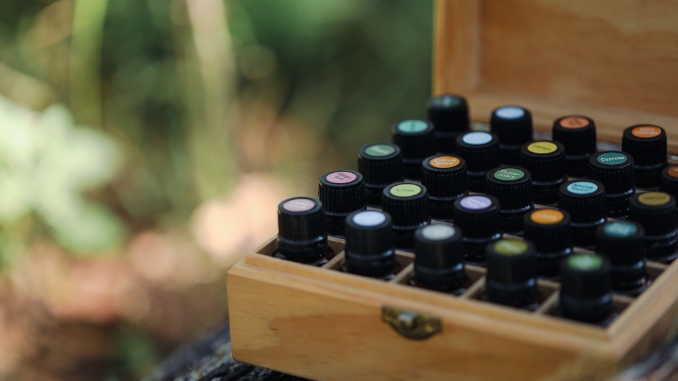
These oils are concentrated extracts derived from various plants, capturing the aromatic compounds that give each plant its characteristic scent. Depending on the plant material used, these oils are obtained through processes like distillation, expression, or solvent extraction.
They are highly potent and typically used in aromatherapy, skincare, natural medicine, and also for their pleasing fragrances in household cleaners and personal care products.
Furthermore, pure essential oils refer to oils that haven't been mixed with synthetic fragrances or diluted with carrier oils.
They retain the plant's natural composition, providing therapeutic benefits linked to the plant's inherent properties.
Characteristics of Pure Essential Oils
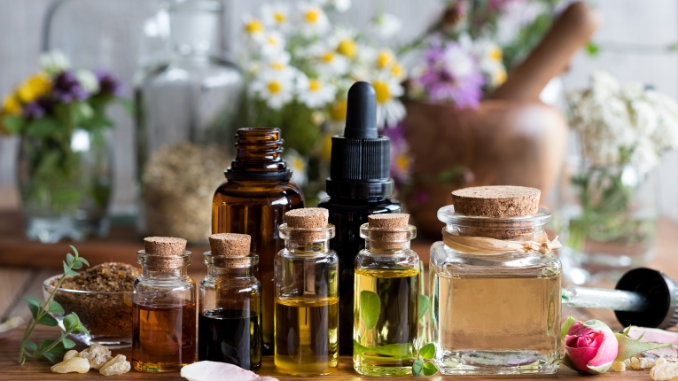
1. Concentration
Pure essential oils are renowned for their remarkable concentration, representing highly potent extracts derived from plant materials through meticulous extraction processes.
This concentration results in a rich abundance of aromatic compounds and active constituents, giving the oil potent therapeutic properties.
Due to their intense potency, essential oils are typically used sparingly. They often require dilution with carrier oils (which are oils that are less aromatic but full of nutrients and fatty acids) or other mediums before application to ensure safety.
Some oil mixtures are even concentrated with authentic calming properties [²] in mind, ensuring that customers get the most out of the product.
2. Aroma
The defining characteristic of these organic essential oils lies in their captivating aroma, which emanates from the unique blend of aromatic compounds present in each oil.
Essential oils also provide diverse fragrances, from soothing lavender to refreshing peppermint, each with its own unique personality.
This aromatic, sweet scent not only contributes to the sensory pleasure of using these aromatherapy oils but also plays a crucial role in their therapeutic effects.
It influences mood, emotions, and overall health, ensuring that you get the most out of your day.
3. Transparency
Maintaining transparency in labeling is paramount when it comes to pure essential oils. It is very important to ensure that consumers can verify the purity and authenticity of the product they purchase.
Transparent labeling practices provide the necessary information about the botanical source, extraction method, purity testing, and any dilution or blending with carrier oils.
This transparency empowers consumers to make informed choices and to also avoid exposure to tampered or low-quality oils.
Clear instructions for safe usage, including dilution guidelines, precautions, and contradictions, further promote responsible usage of essential oils.
Extraction Methods
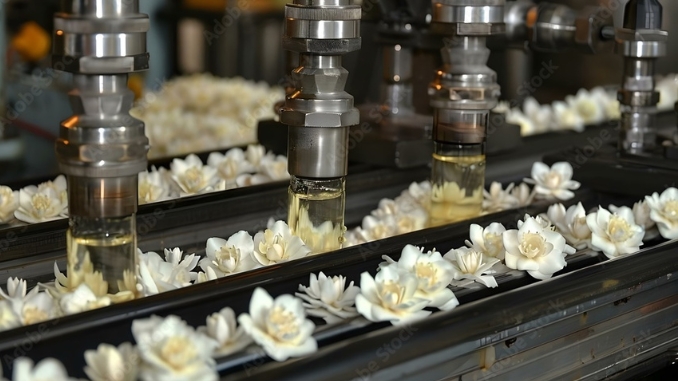
1. Distillation
Distillation stands as the cornerstone method for extracting essential oil from plant materials, encompassing both water and steam distillation techniques. This process involves the careful application of heat to the plant material, causing the volatile aromatic compounds to evaporate.
The vapor is then condensed back into a liquid state, yielding the pure essential oil along with a co-product known as hydrosol or floral water. Distillation is favored for its versatility and ability to extract oils from a wide range of plant materials, including flowers, leaves, stems, and roots.
It is regarded as the most effective method for preserving the integrity of the aromatic compounds while ensuring the natural purity of the essential oil through its smell, texture, and effects.
2. Expression
Expression, also referred to as cold pressing or mechanical pressing, is a specialized extraction method. It’s primarily utilized for obtaining essential oil from plants and citrus fruits such as lemons, lavenders, and clary sage.
This method involves mechanically pressing the rind or peel of the fruit to release the aromatic oils contained within the oil glands. Unlike distillation, expression does not involve the application of heat, thereby preserving the delicate aroma and bioactive compounds present in citrus oils.
While expression is relatively straightforward and cost-effective, it is limited to citrus fruits due to the unique structure of their oil glands, which facilitates mechanical extraction. This makes it so that oils extracted may be lower in quantity as opposed to other extraction methods.
However, other methods should work fine on some, while others don't.
3. Solvent Extraction
Solvent extraction represents a solvent-based method employed for extracting essential oils from delicate plant materials that are not suitable for traditional distillation techniques.
This process involves immersing the plant material in a solvent, such as hexane or ethanol, to dissolve the essential oil components. Once the desired compounds are dissolved, the solvent is removed through evaporation, leaving behind the concentrated essential oil extract.
Solvent extraction can effectively capture a wide range of aromatic compounds.
It may also extract non-volatile compounds and impurities from the plant material, requiring additional purification steps to ensure the purity of the final product.
Consequently, solvent extraction is often utilized for obtaining oils from botanical sources with low oil yields or heat-sensitive constituents.
Pure Essential Oils
1. Lavender Oil
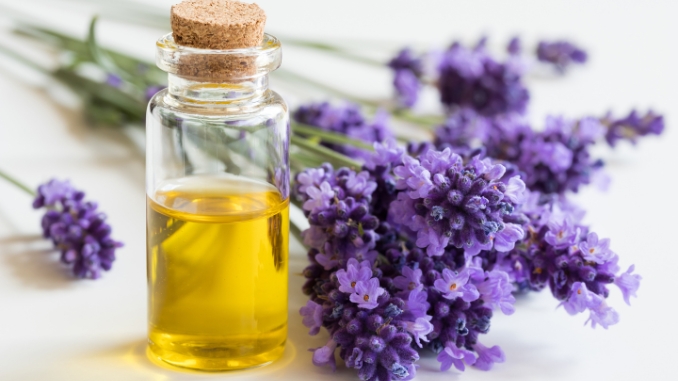
Lavender essential oil, derived from the flowers of the lavender plant, is one of the most versatile and widely used essential oils. Famous for its soothing and calming effects, lavender oil is frequently used to reduce stress, encourage relaxation, and enhance sleep quality.
Its gentle aroma has a harmonizing effect on the mind and body, making it beneficial for managing anxiety, depression, and also insomnia. Lavender oil also possesses antiseptic and anti-inflammatory properties, making it effective for soothing minor skin irritations, bug bites, and sunburns.
Additionally, lavender oil can be used in skincare products to balance oil production, reduce acne, and promote overall skin health.
2. Tea Tree Oil
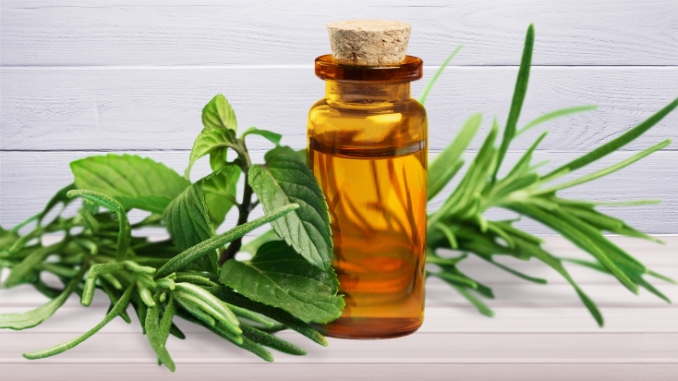
Tea tree oil, extracted from the leaves of the ‘Melaleuca Alternifolia’ tree native to Australia, is renowned for its powerful antimicrobial and antifungal properties. It is commonly used to treat various skin conditions, including acne, fungal infections, and also dandruff.
Tea tree oil's antimicrobial properties make it effective for disinfecting wounds, treating insect bites, and combating household germs. Additionally, tea tree oil can help soothe inflammation, reduce itching, and promote healing of the skin.
Its fresh, medicinal scent makes it a popular ingredient in natural skin care products, shampoos, and household cleaners.
3. Peppermint Oil
Peppermint essential oil, derived from the leaves of the peppermint plant, is prized for its invigorating aroma and cooling sensation. It is commonly used to relieve headaches, alleviate nausea, and also improve mental clarity and focus.
Peppermint oil's analgesic and anti-inflammatory properties make it effective for relieving muscle pain, tension headaches, and also sinus congestion.
Additionally, peppermint oil has antimicrobial properties that can help freshen breath, soothe digestive issues, and reduce symptoms of irritable bowel syndrome (IBS).
Its refreshing scent and therapeutic benefits make it a popular choice for aromatherapy, massage oils, and natural remedies.
4. Eucalyptus Oil
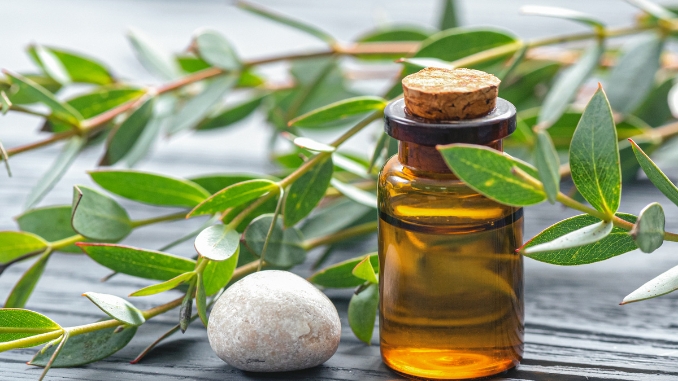
Eucalyptus oil, extracted from the leaves of the eucalyptus tree, is renowned for its respiratory benefits and refreshing aroma. It is commonly used to relieve congestion, coughs, and sinusitis by opening up the airways and promoting easier breathing.
Eucalyptus oil's antiviral and antibacterial properties make it effective for treating respiratory infections, such as colds and flu. Additionally, eucalyptus oil can help relieve muscle pain, reduce inflammation, and promote wound healing.
Its invigorating scent is often used in aromatherapy blends to promote mental clarity, focus, and also relaxation.
5. Chamomile Oil
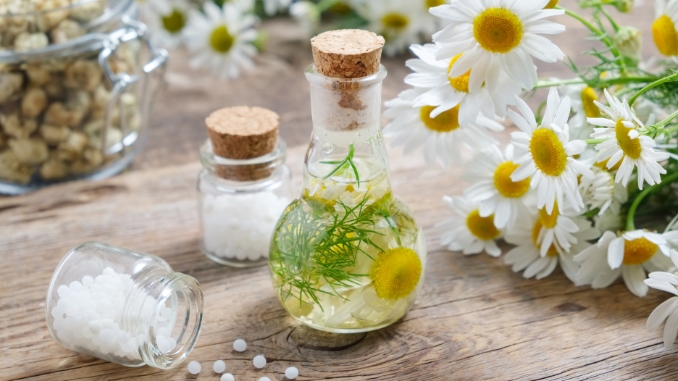
Chamomile oil, extracted from the flowers of the chamomile plant, is renowned for its calming and soothing properties. It is commonly used to promote relaxation, alleviate stress, and improve sleep quality.
Chamomile oil's anti-inflammatory and antispasmodic properties make it effective for relieving muscle tension, menstrual cramps, and digestive discomfort. Additionally, chamomile oil can help soothe irritated skin, promote healing and reduce redness of minor wounds and skin conditions.
Its gentle, floral aroma is often used in aromatherapy blends, skincare products, and natural remedies for its therapeutic benefits.
The Best Types of Essential Oils
Among most brands of lavender essential oils, Cliganic Lavender Oil is the most popular and effective.
Proudly USDA organic certified and made from 100% pure lavender extract without any synthetic additives. This multipurpose essential oil also offers versatile benefits for aromatherapy, skincare, and stress relief.
Each batch undergoes rigorous testing by a 3rd Party Independent Lab to ensure unmatched purity, while Cliganic's commitment to non-GMO certification, veganism, and cruelty-free practices underscores its dedication to ethical and sustainable production.
Elevate your self-care routine with the soothing aroma and therapeutic properties of Cliganic Lavender Oil.
Laguna Moon Tea Tree Essential Oil is considered better than most brands because it’s designed to nurture your skin, hair, and nails while also invigorating your senses with its pure aroma.
Sourced from the leaves of the Melaleuca Alternifolia Tree, our tea tree oil is rich in α-terpineol, known for its potent cleansing and inflammation-reducing properties, making it a great choice for skincare, nail treatments, and relieving conditions like athlete's foot.
Our extra-potent formula ensures longevity, with our specially designed bottle keeping the oil stable for over 24 months, preserving its efficacy.
Steam-distilled to maintain its aromatic richness without the use of harmful solvents or chemicals, LagunaMoon Tea Tree Oil remains 100% pure and undiluted, allowing you to immerse yourself in its uplifting and invigorating benefits.
Embrace a new self-care ritual and let LagunaMoon Tea Tree Oil transform your everyday routine.
Elevate your senses with Handcraft Blends 100% Pure & Natural Peppermint Oil, a premium-grade essential oil crafted to perfection.
Unlike many others on the market, independent labs rigorously test our oils to ensure authenticity, efficacy, and purity. With no fillers, additives, or dilution, each bottle comes with a Quality Guarantee you can trust.
Encased in a high-quality amber glass bottle to shield against UV rays and sunlight, our Peppermint Oil retains its freshness and potency. Accompanied by a convenient glass dropper, you can precisely measure out the perfect amount without any wastage.
Known for its invigorating aroma and versatile uses, Peppermint Oil blends seamlessly with other essential oils like Basil, Eucalyptus, Lavender, Lemon, Oregano, Rosemary, Spearmint, and Tea Tree.
Sourced from the finest regions around the world and bottled in the USA, Handcraft Blends Peppermint Oil ensures a superior aromatic experience every time.
Experience the pure essence of nature with Cliganic Certified Organic Eucalyptus Oil, meticulously crafted to elevate your well-being.
Proudly USDA organic certified, our eucalyptus oil embodies the ultimate standard of quality and integrity, ensuring a 100% pure, single-ingredient product with no synthetic additives.
Versatile and multipurpose, Cliganic essential oils are perfect for aromatherapy diffusion and offer numerous other benefits. Each batch undergoes rigorous testing by a 3rd Party Independent Lab to guarantee unrivaled purity.
Moreover, our commitment to being non-GMO certified, vegan, and cruelty-free reflects our dedication to ethical and sustainable practices. Delight in the invigorating aroma and therapeutic properties of Cliganic Certified Organic Eucalyptus Oil, knowing that you're choosing a product of unparalleled quality and purity.
Unwind and embrace tranquility with Gya Labs' Roman Chamomile Essential Oil, a cherished staple in the world of aromatherapy.
Designed to foster a serene atmosphere, simply diffuse 1-2 drops of this pure chamomile oil before bedtime to soothe the senses and promote restful sleep.
For fitness enthusiasts seeking relief from post-workout discomfort, massage 2-3 drops of chamomile oil blended with carrier oil onto affected areas for a comforting sensation.
Infused with moisture-boosting properties, this versatile oil seamlessly integrates into skincare routines, leaving skin nourished and radiant with just 2-3 drops added to your regimen.
Elevate your DIY creations with the herbaceous fragrance of Roman chamomile oil, perfect for enhancing soap-making or crafting room sprays for moments of self-care indulgence.
Bottled with care and precision, Gya Labs' Roman Chamomile Essential Oil is derived from the finest Italian chamomile flowers, promising a premium, undiluted product with beneficial properties.
Benefits and Uses
Aromatherapy
Essential oils are widely used in aromatherapy [¹] to promote relaxation, reduce stress, and enhance mood.
Inhaling the aroma of certain oils can have a calming effect on the mind and body, making them effective for managing anxiety, insomnia, and also emotional imbalances.
Skincare
Many essential oils possess beneficial properties for the skin, such as moisturizing, soothing, and anti-inflammatory effects.
They are often used in skin care products like lotions, creams, and serums to address various skin concerns, including acne, eczema, and aging.
Massage Therapy
Essential oils are commonly incorporated into massage oils and blends to improve the therapeutic benefits of massage.
They can help reduce pain, relieve muscle tension, and improve circulation when applied topically during massage sessions.
Natural Cleaning
Certain essential oils have antimicrobial and antiseptic properties that make them effective for cleaning, cleansing and disinfecting surfaces in the home.
Lemon, tea tree, and lavender oils are popular choices for creating homemade cleaning solutions that are both effective and non-toxic.
Pain Relief
Certain essential oils possess pain-relieving and anti-inflammatory qualities. This makes them effective for relieving pain and inflammation associated with conditions like arthritis, headaches, and muscle soreness.
Oils like lavender, chamomile [³] and ginger can also be applied topically or used in massage blends for pain relief.
Hair Care
Essential oils are also beneficial for maintaining healthy hair and scalp.
They can help promote hair growth, reduce dandruff, and improve the overall condition of the hair. Oils like rosemary, peppermint, and cedarwood are commonly used in hair care products and treatments.
Mood Enhancement
Certain essential oils have uplifting and energizing properties that can help mental clarity and also improve mood. Oils like citrus and peppermint are known for their stimulating effects. They can be diffused or inhaled to boost mood and motivation.
Immune Support
Essential oils such as tea tree, oregano, and thyme have properties that fight germs and boost the body's ability to fight off sickness. They can also be diffused in the air or rubbed on the skin to strengthen the immune system.
Safety Considerations

Keep Out of Reach of Children and Pets
Essential oils should be stored securely out of reach of children and pets to prevent misuse or accidental ingestion.
Even small amounts of certain oils can be toxic if ingested, and due to their chemical composition, some oils may pose a higher risk to children or pets. Seek immediate medical attention, in case of exposure or accidental ingestion.
Sun Sensitivity
Some citrus essential oils, such as bergamot, lemon, and lime, can cause photosensitivity when exposed to sunlight or UV rays and applied to the skin.
To avoid sunburn or skin damage, it's best to avoid applying photosensitive oils to exposed skin before going out in the sun. Alternatively, use these oils in the evening or choose non-photosensitive oils for daytime use.
Quality and Purity
Ensure that you're using high-quality, pure essential oils from reputable sources to minimize the risk of contamination or adulteration.
Look for oils labeled as "100% pure", and that have undergone quality testing and certification by third-party organizations. Avoid synthetic or fragrance oils, as they may not offer the same therapeutic benefits as pure essential oil and could potentially contain harmful chemicals.
Conclusion
The art of aromatherapy using pure essential oils offers many benefits for holistic well-being. From promoting stress relief and relaxation to supporting skincare, natural medicine, and beyond, these concentrated extracts from nature's botanical treasures have become indispensable in modern wellness practices.
The meticulous extraction methods employed to obtain these oils ensure the preservation of their aromatic and also their therapeutic properties. You could say that these oils are essential, especially in boosting physical, emotional, and mental health.
However, it's crucial to prioritize safety when using essential oils, adhering to proper dilution, conducting patch tests, and exercising caution, especially in sensitive populations such as children and pets.
By embracing the art of aromatherapy and harnessing the power of pure essential oils, individuals can begin a journey of self-care and holistic healing, connecting with nature's gifts to nurture their well-being.
Right now, many people are using beauty and cooking solutions that are full of toxins, petroleum products, polymers, parabens and other potentially harmful ingredients.
But there is a safe, all-natural alternative that will boost your health instead of ruin it. That alternative is coconut oil. Check out this Guide to Coconut Oil now!

